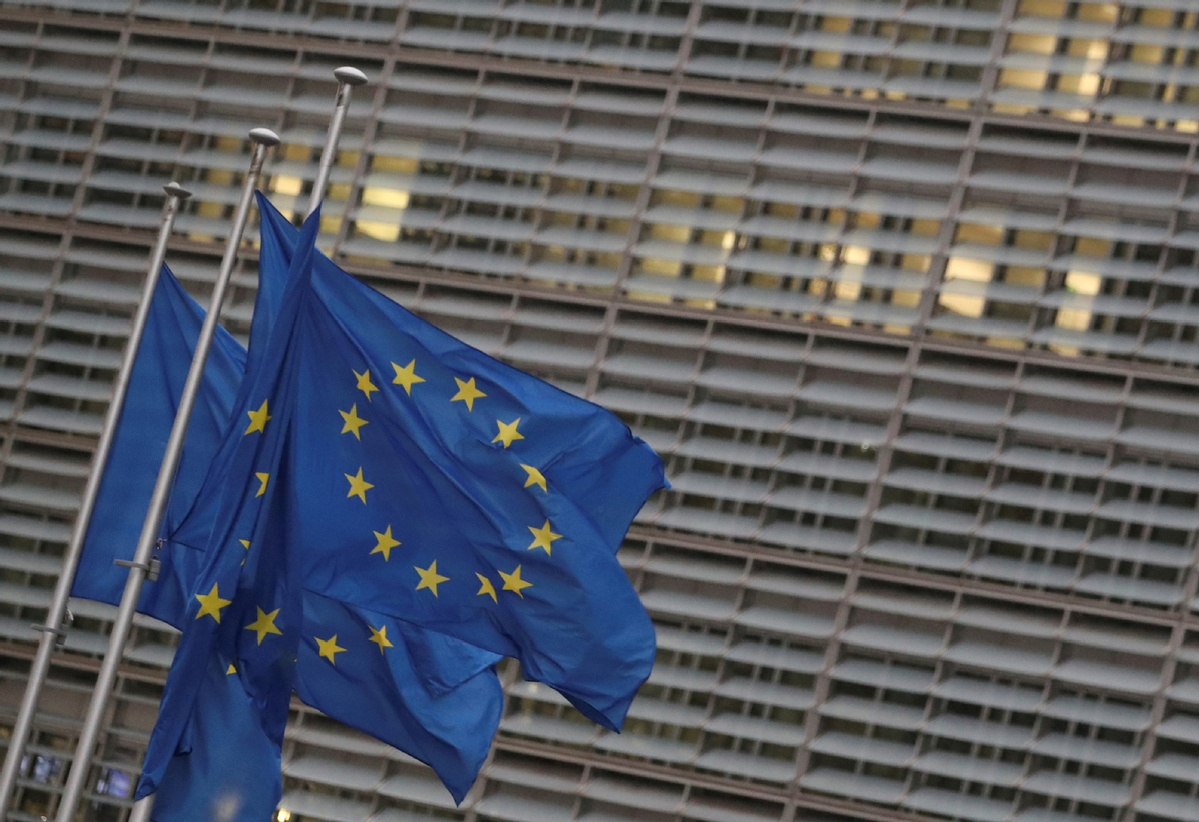Europe wants more autonomy on security: China Daily editorial
chinadaily.com.cn | Updated: 2021-03-01 20:33

European Union leaders have agreed that the 27-member bloc should take more responsibility for its own security rather than relying solely on a transatlantic alliance in which the United States gets to call the shots.
"We want to act more strategically, to defend our interests and to promote our values," European Council President Charles Michel said after a two-day video summit on security and defense policies that ended on Friday. "We need to increase our ability to act autonomously."
It is no surprise that the push for a more assertive Europe is gaining ground after four years in which the Donald Trump administration strained relations, accusing the US' European allies of underspending on defense and taking advantage of the US by using the country as a "piggy bank".
This condescending attitude threatened to rupture the longstanding alliance formed to confront the Soviet Union during the Cold War, and has prompted Europe to seek "strategic autonomy" so that it can make its own decisions on defense and security. French President Emmanuel Macron has even called for the creation of a European army, and the bloc is also trying to define a "strategic compass" so all its members can have a more united vision.
US President Joe Biden has vowed to restore the strong alliance between Europe and the US, declaring the "transatlantic alliance is back". He has assured the European leaders that the US is "determined to re-engage with Europe, to consult with you, to earn back our position of trusted leadership".
It remains uncertain how this renewed engagement will proceed under Biden, given the many differences that exist between the two sides — on issues such as punitive tariffs and a digital tax.
But one thing is for sure, any alliances reminiscent of those during the Cold War will only serve to generate unnecessary tensions and hostilities, ultimately plunging the world into serious trouble, as if it does not have enough on its plate at the moment.
Thus it is worrying that some politicians in the US and Europe are still eager to seek geopolitical confrontation based on a Cold War mentality. Michel, speaking at the recent Munich Security Conference, called for a common approach among the Western allies to "defend the rules-based international order from the attacks of autocratic regimes, whether from Russia, China or Iran".
Such a confrontational stance will not make Europe more secure, no matter how strong the renewed alliance appears to be. Rather it will only weaken the foundation for cooperation between China and Europe, especially in trade and economic exchanges that have benefited both immensely.
History has repeatedly proved that a country or a bloc cannot have absolute security at the cost of other countries' security, and if they take the path of conflict — whether in the form of a military war, trade war or a technology war — the interests of all countries and the well-being of all people will be compromised.
























